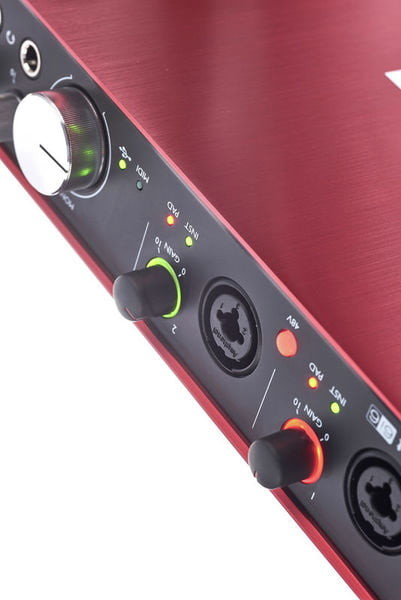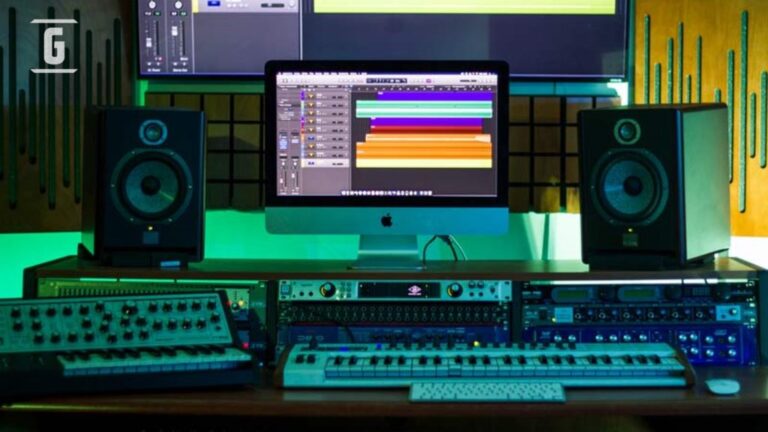
- #Pro tools first vs ableton live lite full version
- #Pro tools first vs ableton live lite pro
- #Pro tools first vs ableton live lite free
It feels like a toy, in the good sense of the word, or like a real instrument to emply a better word. If you're actually after making music, then go live. Only PT is a good workstation for precision audio editing and mixing maybe. PT simply cannot give me any inspirationnal feel or whatsoever. Now, to talk about workflow, pleasure of music making, ease of overall use, man-computer relationship, I really really much prefer Live. PT's waveform is best of all and can't be beaten.

You won't find in Live the same easyness to edit audio, nor you'll have as much visual comfort and all. I love PT audio editing capabilities, and I think nothing comes close, not even Cubase SX which has been pushed to compete with PT (even shortcuts have been borrowed.).

#Pro tools first vs ableton live lite pro
I'm a old-time Pro Tools user, LE and TDM, since version 3. Wow, that's a tough one, since the things you're asking are so personnal and not easily objectively talked about. I realize that asking on the Ableton site could lead to a certain bias but I don't have a problem with that. Is it as powerful?Īny help answering the above questions and opinions/advice is very much appreciated! I kind of just want to stick with one program and concentrate on that program to learn it to it's fullest. If I was to totally switch out of the Pro Tools end of things and only use Ableton for everything, would there be any disadvantage to this? What would I be missing? I realize that I do like the audio editing of Pro Tools and I haven't done enough of it with Live, yet. I have Spectrasonics Atmosphere for many of my keyboard parts and BFD for my drum parts as well as a PodXT for my direct guitar stuff. I already have a simple M-Audio firewire solo interface. I've recently borrowed a friends laptop that has Live 4 installed on it and quite frankly after playing with it and having lots of fun, I'm thinking that this program could be the end solution for me. I also dislike the whole iLok key thing with the M-powered version of the program. It's allowed me to have some fun but at the same time, I've become very frustrated with the reliability of the program. I've mostly just used the LE versions over the years and with that some simple multi track recording and editing, etc. My top paid picks would be Cubase Pro, Logic X, and Studio One.I've been a basic Pro Tools user for some time.
#Pro tools first vs ableton live lite free
Almost all the others have a free trial, so as mentioned before, you have nothing to lose and everything to gain by trying before you buy! My top free picks would be Ardour and Cakewalk. There are quite a few free options, which are good places to start for the budget-conscious. There are more options than you probably realized and they all have their merits. Whew, there we have it! I hope this guide helps you in your search. If anyone can shed some light on this please let me know in the comments below! Check it out: I couldn’t find a demo version on their site, just Performer Lite which appears to be free if you have purchased MOTU hardware.
#Pro tools first vs ableton live lite full version
P.S Developers are constantly updating their products so some of the specs and characteristics found in this article may have changed by the time you read it! Thanks for checking it out nonetheless, you can find more of our useful blog posts right here! Audacity – Free and Open SourceĪnother one for electronic producers, MOTUs offering has some pretty great features like Quickscribe for notation, a spectral graph view which is rarely found in other DAWs, hardware support and cool instruments like MegaSynth, which turns your guitar or any other instrument into a synthesizer! The full version is not too friendly on the wallet but is priced similarly to the big-name DAWs. Almost all of them offer free trial/demos so there is no reason you cannot take your time to choose the right DAW for you.

Be sure to check the system requirements to ensure your device is up to the task. So your choice of DAW will depend heavily on what exactly you need it to be able to do! With so many on the market, it’s no wonder that people struggle to pick one. Essentially all DAW’s perform the same functions, some with more features than others and some more suited to certain tasks over others. If you have found yourself reading this guide it’s probably because you need help choosing which one is right for you…and that’s OK! There are a number of them to choose from and you have likely heard the term “industry standard” thrown around a fair bit… but it is important to understand that we all have different objectives and preferences for workflow, so what works for one may not be ideal for another. You probably already knew that, huh?! Well, you probably already know this too we use DAW’s to record, produce, mix, and master audio. By Amar Dev Sharma – DAW stands for Digital Audio Workstation.


 0 kommentar(er)
0 kommentar(er)
